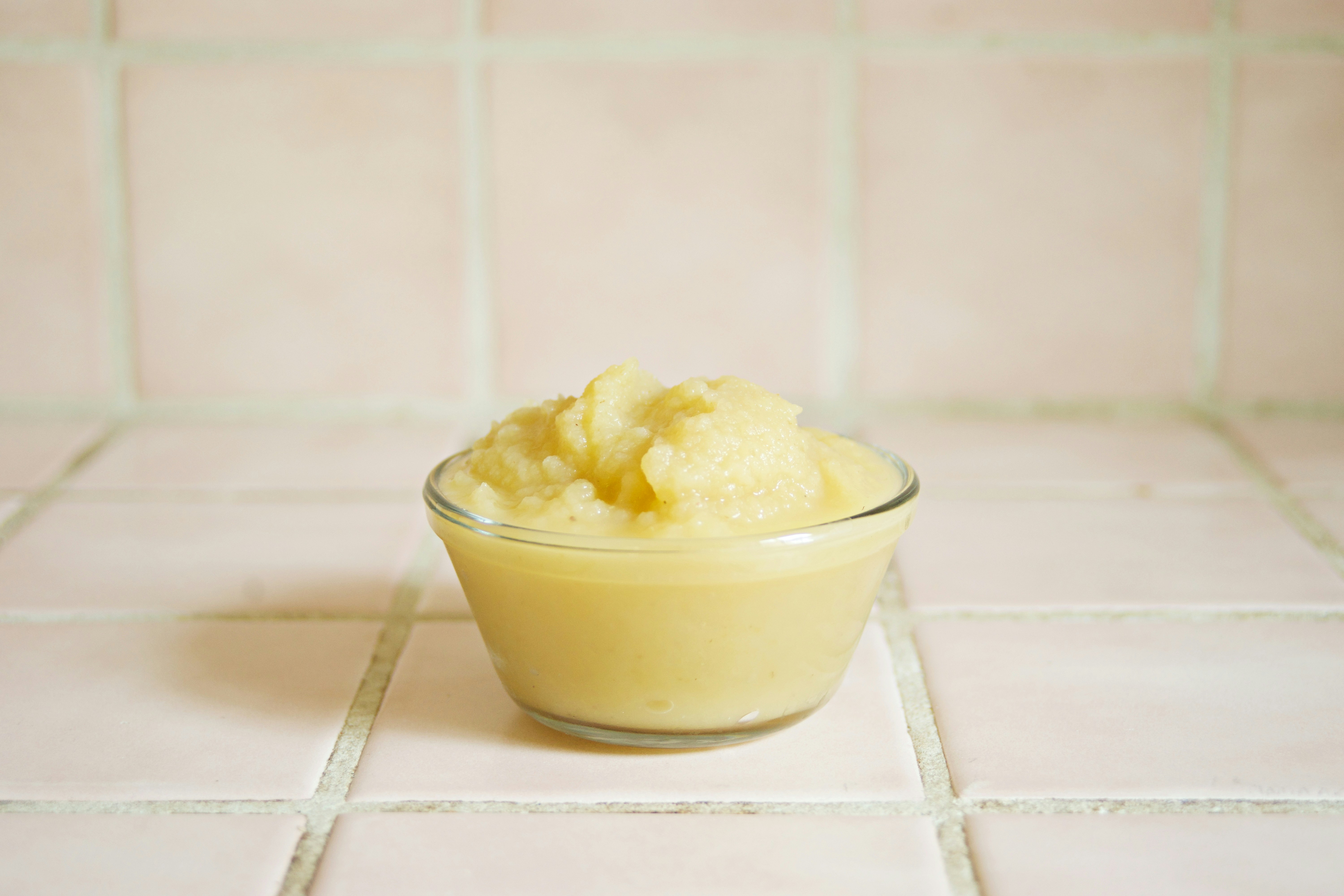From baby aisle to lunchbox: the rise of commercial squeeze pouch products in Australian children's diets

New research from Western Sydney University has revealed squeeze pouch products are a popular choice for school lunchboxes, despite their low nutritional value.
The study surveyed 343 parents of children aged 0-17, revealing 73.8 per cent of children have consumed food from commercial squeeze pouches in the past 12 months, and around half consumed them weekly or more.
Frequent usage was highest among children aged 0–5, and in families where parents have two or more children, with fruit and dairy-based pouches the most frequently consumed.
Co-author of the study Dr Catharine Fleming, from the University’s School of Health Sciences and Translational Health Research Institute, said the research found younger parents, middle-income families, and those reporting time constraints were more likely to opt for commercial squeeze pouches as a meal or snack option for their children, even into adolescence.
“We know parents are busy, and what was once marketed as ‘baby food’ has now expanded, targeting older children and adolescents for inclusion in lunchboxes or as an on-the-go snack,” said Dr Fleming.
“In school aged children we found 74 percent had consumed dairy-based pouches within the last 12 months.
“Many parents are potentially unaware that these products have low nutritional value so it’s essential we educate parents and help them better navigate supermarket aisles, given we see these products have found a regular place in the daily diet of many children across Australia.”
Prolonged use of puréed foods and delaying the introduction of lumpy textures beyond the age of 9 months have been associated with feeding difficulties in older children and a lower intake of nutritious foods, such as vegetables and fruit, said co-author Dr Katherine Kent, from the University of Wollongong and adjunct researcher at Western Sydney University’s School of Health Sciences and Translational Health Research Institute.
“While the health impacts of regular squeeze pouch consumption in childhood remain under‐researched, the frequent consumption of commercial squeeze pouches beyond infancy may be associated with poorer nutrition and health outcomes, as the products may displace more nutritionally adequate, age‐appropriate foods, and increase snacking behaviours in older children,” said Dr Kent.
“These pouches could increase the already concerning levels of poor whole vegetable and fruit consumption in early childhood, which has been associated with poorer diet quality and health outcomes throughout the life course.”
The research team call for greater regulations of these products to protect parents and children from misleading front of packet labelling and poor nutrient composition.
To read the full paper, Predictors of Frequent Commercial Squeeze Pouch Consumption Among a Sample of Australian Infants, Children, and Adolescents, click here.
ENDS
5 November 2025
Lauren Coskerie, Senior Media Officer
Photo credit: Rachel Loughman via Unsplash
Latest News

Western Sydney University partners with NSW Police Force to deliver real-world preparation for one of the state’s most vital public service careers
Western Sydney University is entering a new strategic partnership with the NSW Police Force to help train future police officers to protect, lead and serve their communities in New South Wales.

Opinion: Mushroom murders, riotous mockumentary and a surveillance thriller: what to watch in October
This month’s streaming lineup has plenty to offer, whether you’re chasing thrills, a nostalgic romcom, or some humour to keep you company as you settle in after a long day of work.

Chancellor's Address: Women UNLIMITED Leadership Summit
The following address was deliverd by Western Sydney University Chancellor, Professor Jennifer Westacott AO at the Women UNLIMITED Leadership Summit on Wednesday, 1 October 2025.
Mobile options:

